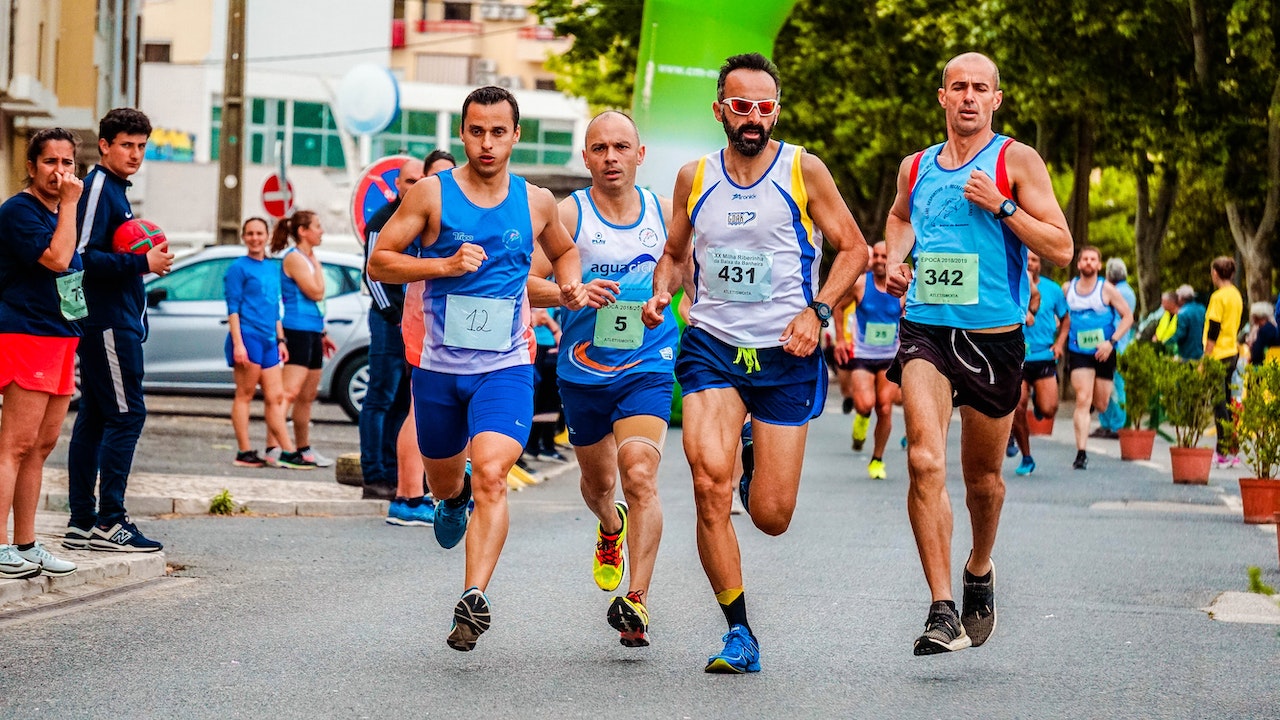For athletes and fitness enthusiasts, optimizing performance and enhancing recovery are key to achieving peak physical condition. While various factors contribute to athletic success, the role of proper nutrition and supplementation should not be overlooked. Among the essential minerals, magnesium stands out as a valuable aid for athletes. In this article, we will explore the benefits of magnesium for athletes, focusing on its ability to promote muscle relaxation, improve recovery, and enhance overall performance naturally.
Muscle Relaxation and Cramp Prevention:
Intense physical activity can lead to muscle tension and cramping, which can hamper performance and cause discomfort. Magnesium plays a crucial role in muscle relaxation by regulating calcium levels within muscle cells. By supplementing with magnesium, athletes can experience reduced muscle cramps, enhanced flexibility, and improved overall muscle function.
Energy Production and Metabolism:
Magnesium is a key player in energy production at the cellular level. It is involved in the conversion of carbohydrates, fats, and proteins into usable energy for the body. By ensuring optimal magnesium levels, athletes can support their energy metabolism, enhancing endurance and sustaining peak performance during training sessions and competitions.
Enhanced Exercise Performance:
Magnesium supplementation has been linked to improved exercise performance. Adequate magnesium levels are associated with better oxygen utilization, increased anaerobic and aerobic capacity, and improved cardiovascular function. By incorporating magnesium into their supplementation regimen, athletes can potentially enhance their overall performance and achieve better results.
Recovery and Muscle Repair:
Intense workouts and training sessions can cause muscle damage and inflammation. Magnesium’s anti-inflammatory properties help mitigate post-exercise inflammation and support the body’s natural recovery processes. Additionally, magnesium plays a role in protein synthesis, assisting in muscle repair and growth. By incorporating magnesium supplements into their recovery routine, athletes can accelerate muscle repair, reduce post-exercise soreness, and optimize the recovery phase.
Electrolyte Balance:
Electrolytes are essential for proper hydration and maintaining fluid balance in the body. Magnesium, along with other electrolytes like sodium, potassium, and calcium, plays a vital role in regulating fluid balance, nerve function, and muscle contractions. Ensuring adequate magnesium intake helps maintain electrolyte balance, supporting optimal hydration during intense workouts and preventing dehydration-related performance declines.
Stress Reduction and Relaxation:
Intense training and competition can lead to increased stress levels, both physically and mentally. Magnesium has been shown to support the body’s stress response by regulating stress hormones like cortisol and promoting relaxation. By including magnesium supplementation in their routine, athletes can manage stress levels, improve sleep quality, and enhance overall mental well-being.
Bone Health and Injury Prevention:
Athletes are susceptible to bone-related injuries, such as stress fractures. Magnesium is essential for bone health, working synergistically with calcium and vitamin D. It aids in calcium absorption and deposition, contributing to bone strength and density. By maintaining optimal magnesium levels, athletes can support their bone health, reduce the risk of fractures, and promote long-term skeletal integrity.
Conclusion:
Magnesium is a valuable supplement for athletes seeking to enhance their performance and optimize recovery naturally. From promoting muscle relaxation and preventing cramps to supporting energy production and aiding in muscle repair, magnesium offers numerous benefits for athletes at all levels. Incorporating a magnesium supplement into an athlete’s regimen, alongside a balanced diet and appropriate training, can lead to improved performance, accelerated recovery, and overall physical well-being.
As always, it’s important to consult with a healthcare professional or sports nutritionist to determine the appropriate dosage and ensure it aligns with individual needs and goals. Unlock the potential of magnesium and unleash your athletic prowess.
